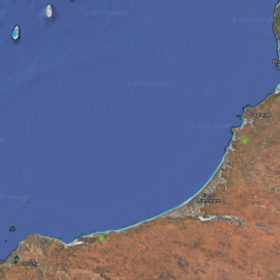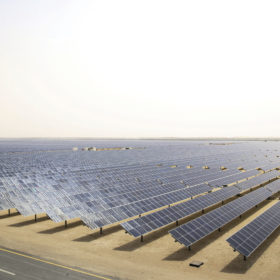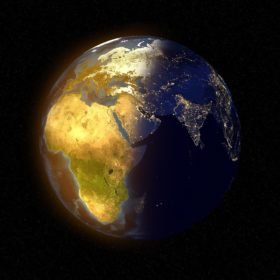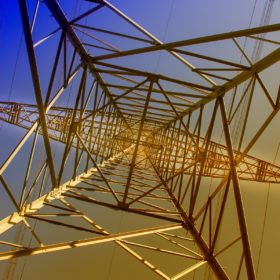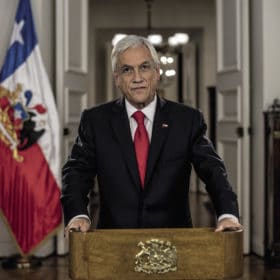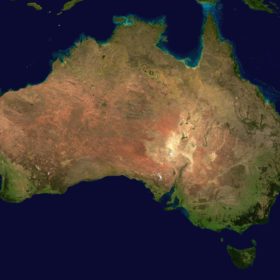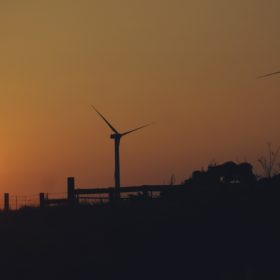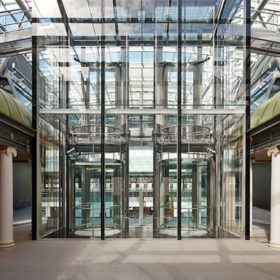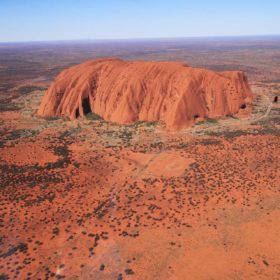Weekend Read: Giga and giga
pv magazine Australia’s Natalie Filatoff reports on the benefits of planning vast solar project pipelines, and the barriers faced by those who dare to dream big.
Singapore sovereign wealth fund backs Australian green hydrogen developer
The InterContinental Energy company behind two proposed green hydrogen megaprojects in Western Australia – the 26GW Asian Renewable Energy Hub and the 50GW Western Green Energy Hub – has received the backing of Singapore’s US$744 billion sovereign wealth fund GIC.
Huge Vietnamese solar park could hit 2.8 GW within a year
An energy transition investment report published this week has also revealed the former world record low price for solar power announced by the Al Dhafra project in Abu Dhabi last year, has fallen even lower since.
The Hydrogen Stream: Plans for $75bn, 50 GW green energy hub in Western Australia
Plus, as the European Commission prepares to present its ‘Fit for 55’ climate change package tomorrow, European companies are continuing to develop hydrogen plans, including Shell in Norway and Siemens in Germany.
Grid connection is key culprit as investor confidence wanes in Australia
Ongoing grid connection issues and concerns about Australia’s unpredictable regulatory and policy environment have been identified as the key culprits with a new report revealing investor confidence in the nation’s renewable energy sector has slumped to a five-year low.
The weekend read: The race for green hydrogen
Large swaths of low-cost land: check. Lots of sun and wind: check. The ability to transport green hydrogen cost-effectively to energy importing economies: check. Then you’re in the race to become one of the “renewable energy superpowers” of the low-carbon economy. A growing number of countries are assessing their renewable resources and natural attributes and positioning themselves to become green hydrogen exporters. However, not all are created equal.
WA Govt approves 15 GW Asian Renewable Energy Hub, whole project now expanded to 26 GW
The Western Australian government has given environmental approval to the first stage of the Asian Renewable Energy Hub, a 15 GW hybrid solar and wind plant. The approval is a massive step forward for the project, which will eventually reach 26 GW, and an even larger step forward for green hydrogen development in Australia for domestic use and export.
A mega solar and wind project for Western Australia
The 15 GW Asian Renewable Energy Hub has been recommended for approval by environmental authorities in the Pilbara region. The project was originally intended to export clean energy to Jakarta and Singapore via subsea, high voltage DC cables but its focus has shifted to domestic industrial consumers.
Macquarie to power global operations with 100% renewables by 2025
The Australian investment bank has become the latest company to sign The Climate Group’s RE100 initiative, bringing it into a growing pool of businesses that are focused on the global energy transition.
Australian tech billionaire to help fund 10 GW Sun Cable Project
Mike Cannon-Brookes, co-founder of software company Atlassian Corp, announced on the sidelines of the UN Climate Action Summit in New York he will help fund the ambitious 10 GW, AU$20 billion, Sun Cable Project in Australia’s Northern Territory.
